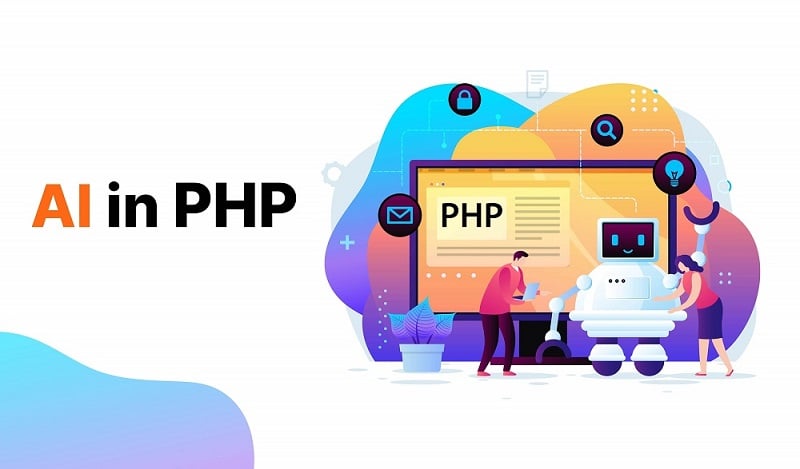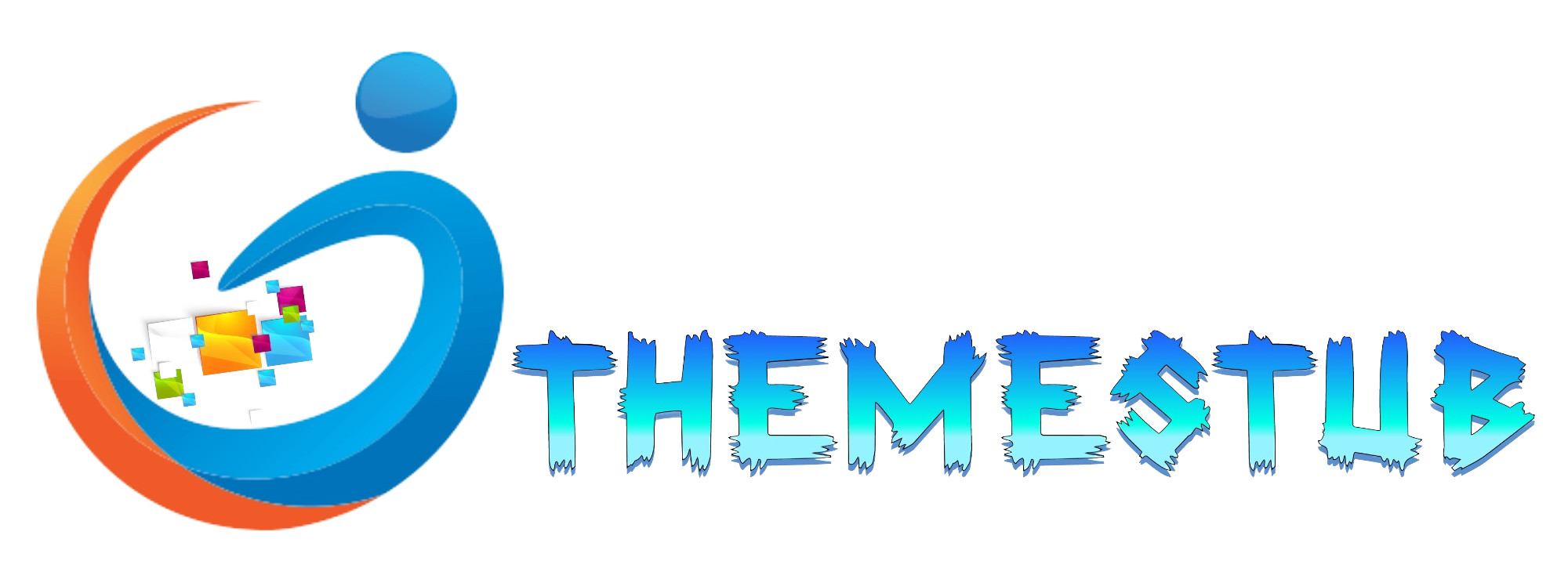
Mastering PHP Script Programming: A Roadmap for Beginners
PHP (Hypertext Preprocessor) is a versatile and widely-used server-side scripting language that powers countless websites and web applications. Whether you’re an aspiring web developer or simply interested in expanding your programming skills, learning PHP can open up a world of opportunities. In this blog, we’ll provide a comprehensive roadmap for beginners looking to learn PHP scripting from scratch.
Step 1: Understand the Basics
Before diving into PHP, it’s essential to grasp some fundamental concepts:
1.1 Web Development Basics: Familiarize yourself with HTML (Hypertext Markup Language) and CSS (Cascading Style Sheets), as these are the building blocks of web pages.
1.2 Server-Side vs. Client-Side: Learn the difference between server-side and client-side scripting. PHP is a server-side language, which means it runs on the web server, not in the user’s browser.
Step 2: Setting Up Your Environment
To start coding in PHP, you’ll need a development environment. Follow these steps:
2.1 Install a Local Server: You can use software like XAMPP, WampServer, or MAMP to set up a local server environment on your computer.
2.2 Text Editor: Choose a text editor like Visual Studio Code, Sublime Text, or Notepad++ to write your PHP code.
Step 3: Learning PHP Syntax
PHP has a straightforward syntax. Start with these basics:
3.1 Variables and Data Types: Learn how to declare variables and understand different data types like strings, integers, and arrays.
3.2 Operators: Study operators for mathematical operations, comparisons, and logical operations.
3.3 Control Structures: Explore conditional statements (if, else, switch) and loops (for, while) to control program flow.
3.4 Functions: Understand how to create and use functions in PHP for reusable code.
3.5 Arrays: Learn about indexed arrays, associative arrays, and multidimensional arrays.
Step 4: Handling Forms and User Input
Most web applications involve user input. Learn how to handle forms and process data from them using PHP:
4.1 Form Handling: Study how to create HTML forms and use PHP to process form submissions.
4.2 Validation: Implement form validation to ensure data integrity and security.
Step 5: Working with Databases
PHP is often used for database-driven web applications. Start with these concepts:
5.1 Database Basics: Understand databases, tables, and SQL (Structured Query Language).
5.2 Database Connection: Learn how to connect to a database from PHP.
5.3 Querying Data: Study how to retrieve, insert, update, and delete data from a database using PHP.
Step 6: Creating Dynamic Web Pages
PHP’s real power lies in creating dynamic web pages. Explore the following:
6.1 Templating: Learn how to separate PHP code from HTML using templates.
6.2 Building Web Pages: Create dynamic web pages that display data from a database or user input.
6.3 Sessions and Cookies: Implement user sessions and cookies for user authentication and personalization.
Step 7: Interacting with Files and Directories
PHP allows you to work with files and directories on the server. Explore:
7.1 File Handling: Learn how to read, write, and manipulate files using PHP.
7.2 Directory Operations: Study how to create, read, and manipulate directories.
Step 8: Security and Best Practices
Understand the importance of security in PHP programming:
8.1 SQL Injection: Learn about SQL injection and how to prevent it.
8.2 Cross-Site Scripting (XSS): Study XSS attacks and how to mitigate them.
8.3 PHP Security Functions: Explore PHP’s built-in security functions.
Step 9: Practice and Projects
The best way to solidify your skills is by building projects. Create a simple blog, a basic content management system, or any web application that interests you.
Step 10: Stay Updated
Web development, including PHP, evolves rapidly. Stay updated with the latest PHP versions and best practices by following online communities, blogs, and tutorials.
Learning PHP scripting takes time and practice. Start with small projects, seek help from online resources, and don’t be afraid to experiment. With determination and consistency, you can become a proficient PHP developer and embark on a rewarding journey in web development.






